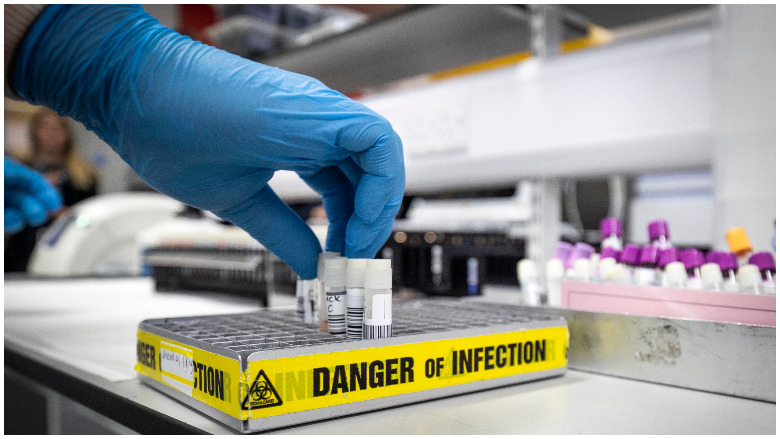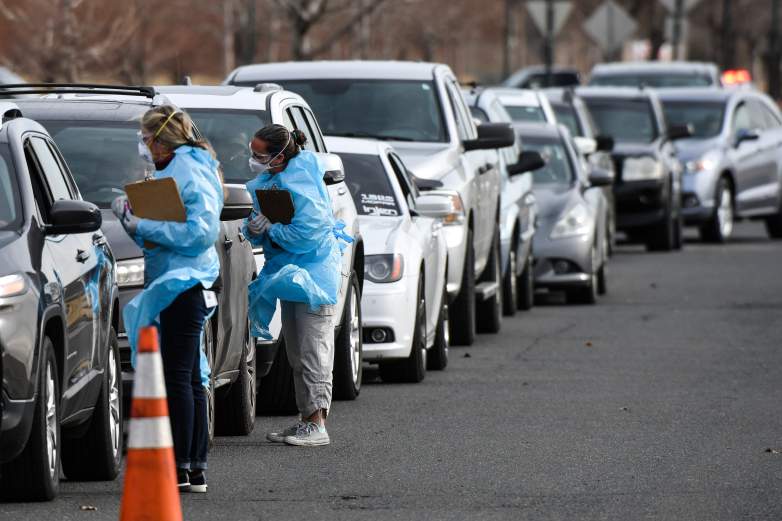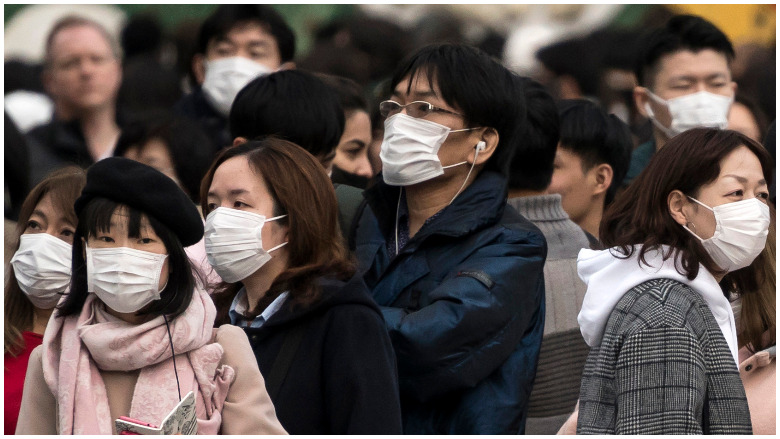
We’ve all heard about the runs on toilet paper. Seriously, though, if you’re planning on stocking up on items to prepare for a possible coronavirus quarantine, what should you buy?
Harvard Medical School has created a helpful list of what you might want to stock up on. Top priority: Medical and health supplies. Think ahead. “Try to stock at least a 30-day supply of any needed prescriptions. If your insurance permits 90-day refills, that’s even better. Make sure you also have over-the-counter medications and other health supplies on hand,” says Harvard.
The government recommends you take these steps:
“Store a two week supply of water and food.
Periodically check your regular prescription drugs to ensure a continuous supply in your home.
Have any nonprescription drugs and other health supplies on hand, including pain relievers, stomach remedies, cough and cold medicines, fluids with electrolytes, and vitamins.
Get copies and maintain electronic versions of health records from doctors, hospitals, pharmacies and other sources and store them, for personal reference. Get help accessing electronic health records.
Talk with family members and loved ones about how they would be cared for if they got sick, or what will be needed to care for them in your home.”
Here’s what you need to know:
Here Are Some Lists of Medical & Health Supplies That You Should Stock Up On

GettyTesting center in Denver, Colorado
Here’s the Harvard list for “medical and health supplies” that you could stock up on in the event the coronavirus outbreak spreads:
“prescription medications
prescribed medical supplies such as glucose and blood-pressure monitoring equipment
fever and pain medicine, such as acetaminophen or ibuprofen
cough and cold medicines
antidiarrheal medication
thermometer
fluids with electrolytes
soap and alcohol-based hand sanitizer
tissues, toilet paper, disposable diapers, tampons, sanitary napkins
garbage bags.”
CNET also has created a list. It includes:
“30-day supply of medication, including over-the-counter pain relievers, cough and cold medicine and electrolytes
Toilet paper (which you’ll use more of while being at home full-time)
Feminine hygiene products
Hand soap (no, you don’t really need hand sanitizer)
Laundry detergent (ideally the concentrated kind, which lasts longer)
Diapers, formula, baby wipes and other infant needs
Body wash, shampoo, conditioner and skincare needs
Hand soap and cleaning supplies.”
It’s Advised That You Keep Extra Food at Home

Getty
Harvard suggests that you do stock up on extra food. “Consider keeping a two-week to 30-day supply of nonperishable food at home. These items can also come in handy in other types of emergencies, such as power outages or snowstorms,” the site says, recommending:
“canned meats, fruits, vegetables, and soups
frozen fruits, vegetables, and meat
protein or fruit bars
dry cereal, oatmeal, or granola
peanut butter or nuts
pasta, bread, rice, and other grains
canned beans
chicken broth, canned tomatoes, jarred pasta sauce
oil for cooking
flour, sugar
crackers
coffee, tea, shelf-stable milk, canned juices
bottled water
canned or jarred baby food and formula
pet food
household supplies like laundry detergent, dish soap, and household cleaner.”
CNET offers this list:
“Dried beans, rice and other grains, like oatmeal
Canned fish, soup and stews
Essentials like oil, salt and pepper
Smoothie blends and protein powder
Coffee and tea
Snacks that have a longer shelf life, like dried fruit and nuts
Cured meats
Meat and poultry (ideally vacuum-sealed), like chicken, beef and pork
Avoid fish, which can spoil if not properly frozen
Vegetables and fruit
Pet food (and treats!)
All-purpose cleaning spray (here’s the EPA’s list of COVID-19-fighting products)
A water filter (or filter replacement)
Dish soap and sponges
Paper towels.”
READ NEXT: Can You Get Coronavirus From Money?